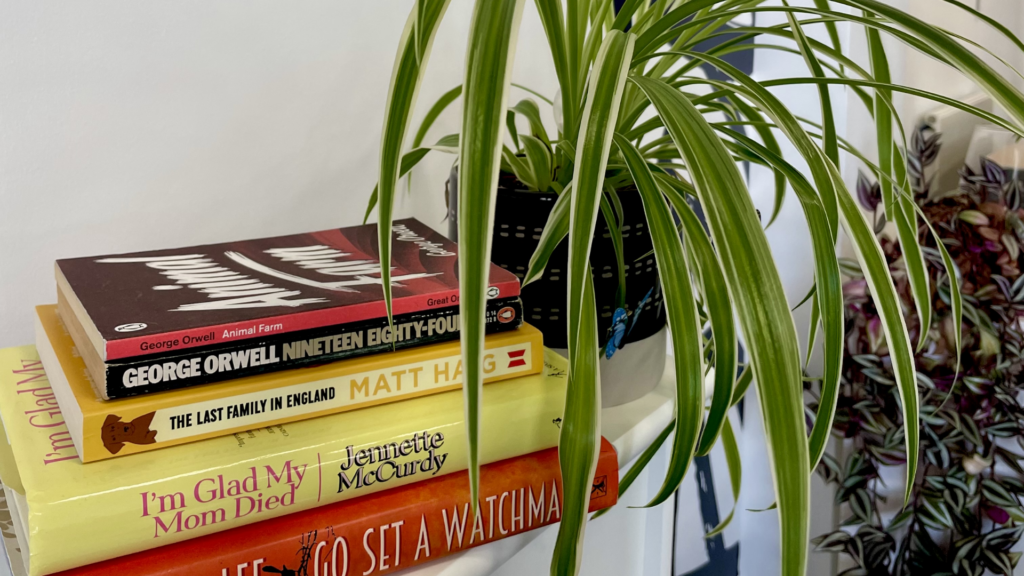Curiosity, often regarded as the desire to know or learn something, is more than just a trait; it’s a driving force that fuels creativity, innovation, and growth. In the fast-paced world of marketing, curiosity stands out as an essential quality that can lead to success; for our clients and within our own personal development.
Let’s explore what curiosity is, its manifestations, and why it’s a vital trait that we look for within our hiring process!
What is Curiosity?
Curiosity is an intrinsic human characteristic that compels us to explore, investigate, and seek understanding. It’s the spark that ignites our desire to know more about something, whether it’s a new technology, a different culture, or a complex problem.
Curiosity pushes us beyond our comfort zones, encouraging us to ask questions, challenge assumptions, and explore new possibilities.
How do we cultivate curiosity across the team
Encourage Questions: Foster an environment where colleagues are never afraid to ask questions, even if they think they are silly. The more questions asked, the more learning opportunities are created.
“What is the opposite of Orange?” – Tasha Katz
Promote Continuous Learning: Encourage the reading of books, articles, and industry publications. Provide resources and even a company library to help colleagues expand their knowledge and stay up-to-date with the latest trends.

Foster Diverse Communication: Facilitate conversations and collaborations with people from different departments, backgrounds, and cultures within the organisation. Diverse perspectives can lead to richer ideas and solutions.
Support Travel and Exposure: If possible, offer opportunities for travel to different company/ client locations, conferences, or industry events. Exposure to new environments and cultures can spark creativity and broaden horizons.
Embrace Experimentation: Create a safe space for colleagues to try new things, experiment with different approaches, and even make mistakes. Encourage them to step out of their comfort zones, as this can lead to surprising and innovative outcomes.
Celebrate Curiosity as a Value: Make curiosity a core value within the organisation. Recognise and reward those who demonstrate curiosity in their work, and make it clear that it’s a trait that’s not only appreciated but expected.
Curiosity is a gift: It is the key to a thriving mind and life. So don’t be afraid to explore!
Curiosity you might recognise…
James Dyson and the Dyson Vacuum: Sir James Dyson’s relentless curiosity about improving everyday products led to the invention of the bagless vacuum cleaner, transforming the household appliance industry in the UK and beyond.
Richard Branson and Virgin Galactic: Branson’s curiosity about commercial space travel has driven him to challenge traditional aerospace boundaries, leading to the development of Virgin Galactic and opening the doors to space tourism.
John Lewis’ Christmas Ad Campaigns: The UK retailer’s curiosity about connecting with customers on an emotional level has led to their iconic Christmas advertising campaigns. These campaigns have become a cherished annual tradition, resonating with audiences and setting John Lewis apart in the competitive retail market.

Curiosity, it’s just so beneficial
When we are curious…
we are more likely to explore new ideas and possibilities.
we are more likely to come up with creative solutions.
we are also more likely to persevere in the face of challenges.
we are more open to new ideas and possibilities.
we are more likely to experience new things and learn new things. This can lead to a more fulfilling and enjoyable life.
Curiosity leads to exploration and experimentation, which are essential for innovation. Curiosity drives us to ask “why” and “how,” leading to a deeper understanding of problems and more creative solutions. In our marketing agency, this means understanding the underlying needs and desires of customers, allowing for more targeted and effective strategies.
Curiosity about others fosters empathy and understanding. Across marketing, this translates to better relationships with our clients and their customers needs, allowing us to design stronger digital customer experiences.
And, by showing genuine interest in others, you create trust and collaboration, essential components of a successful marketing agency – and indeed, business!
A curious mind never stops learning. In an industry that’s always evolving, continuous learning is crucial. Curiosity keeps you engaged, motivated, and always seeking to improve, ensuring that you stay ahead of the competition.
So, curiosity is not just a trait; it’s a philosophy that can guide us all towards growth, innovation, and success. In the realms of marketing and business, curiosity is the catalyst that drives us to explore beyond the obvious, to question the status quo, and to create solutions that resonate with the ever-changing needs of the market.
Oh, and unlike the cat, curiosity never killed anyone!
The phrase “curiosity killed the cat” is a proverb used to warn of the dangers of unnecessary investigation or experimentation. It’s not meant to be taken literally; there’s no actual story of a cat dying due to curiosity which would really be a cat-astrophe of an end to my blog piece!
The origin of the phrase dates back to the early 20th century, and it has undergone some changes over time. The original form was “care killed the cat,” where “care” meant “worry” or “sorrow.” It was later changed to “curiosity” to convey the idea that being overly inquisitive about other people’s affairs might lead to trouble or danger.
In a more positive light, some people add the rejoinder “but satisfaction brought it back” to emphasise that while curiosity might lead to temporary setbacks or challenges, the pursuit of knowledge and understanding can be rewarding and fulfilling.
In the context of business, creativity, and personal growth, curiosity is often seen as a positive trait, encouraging exploration, innovation, and learning. It’s a far cry from the cautionary message of the proverb!
So, get Better, by being curious ?